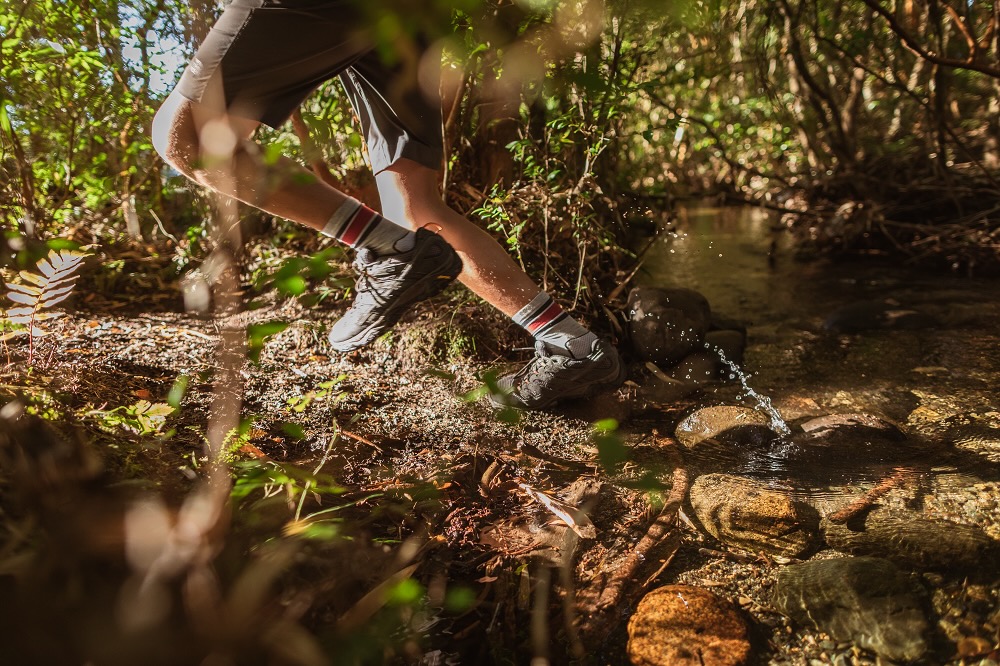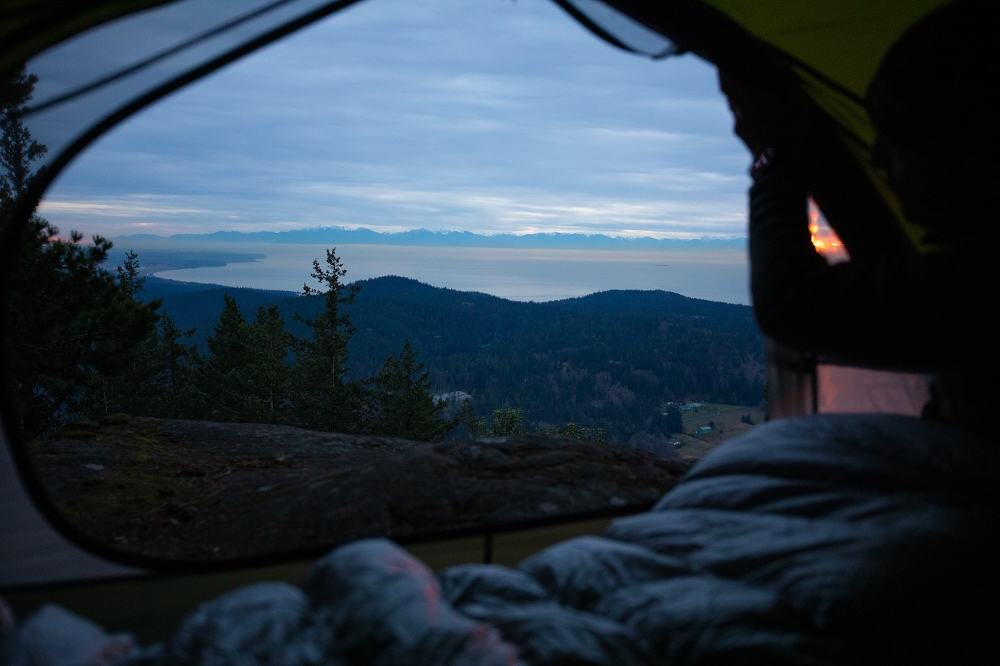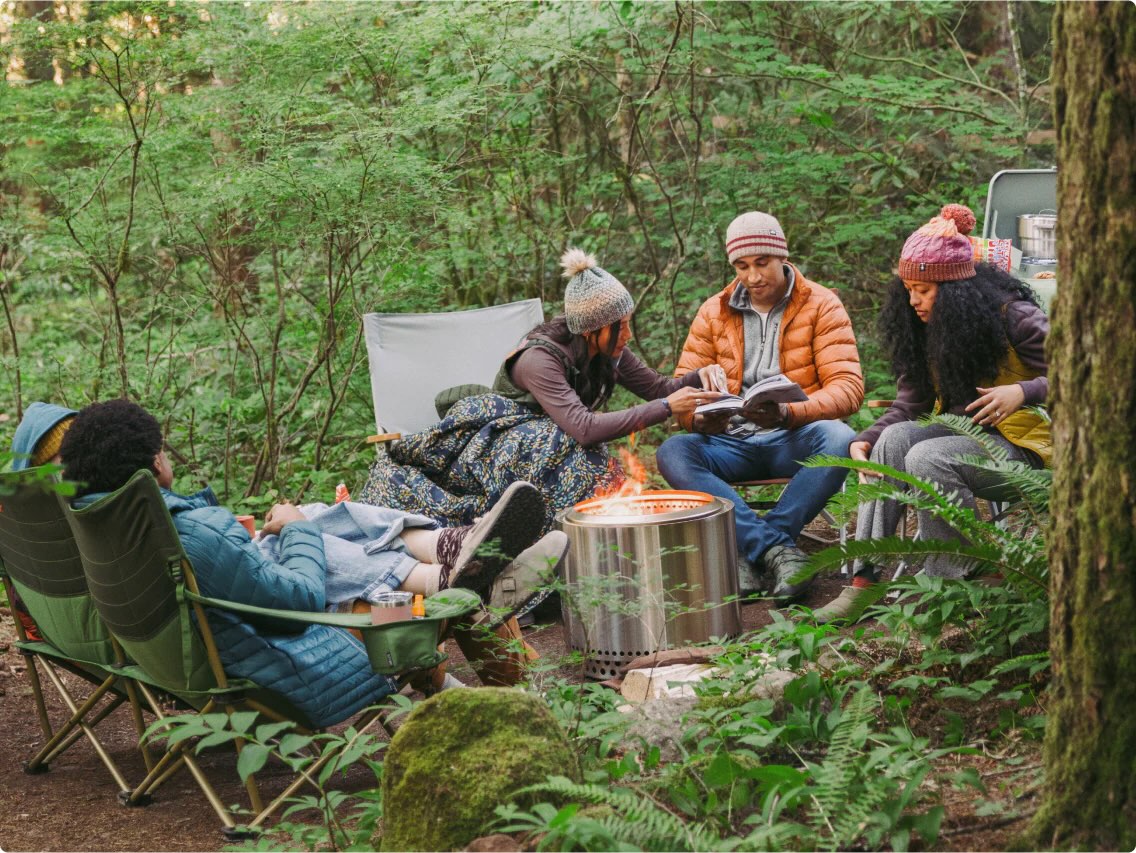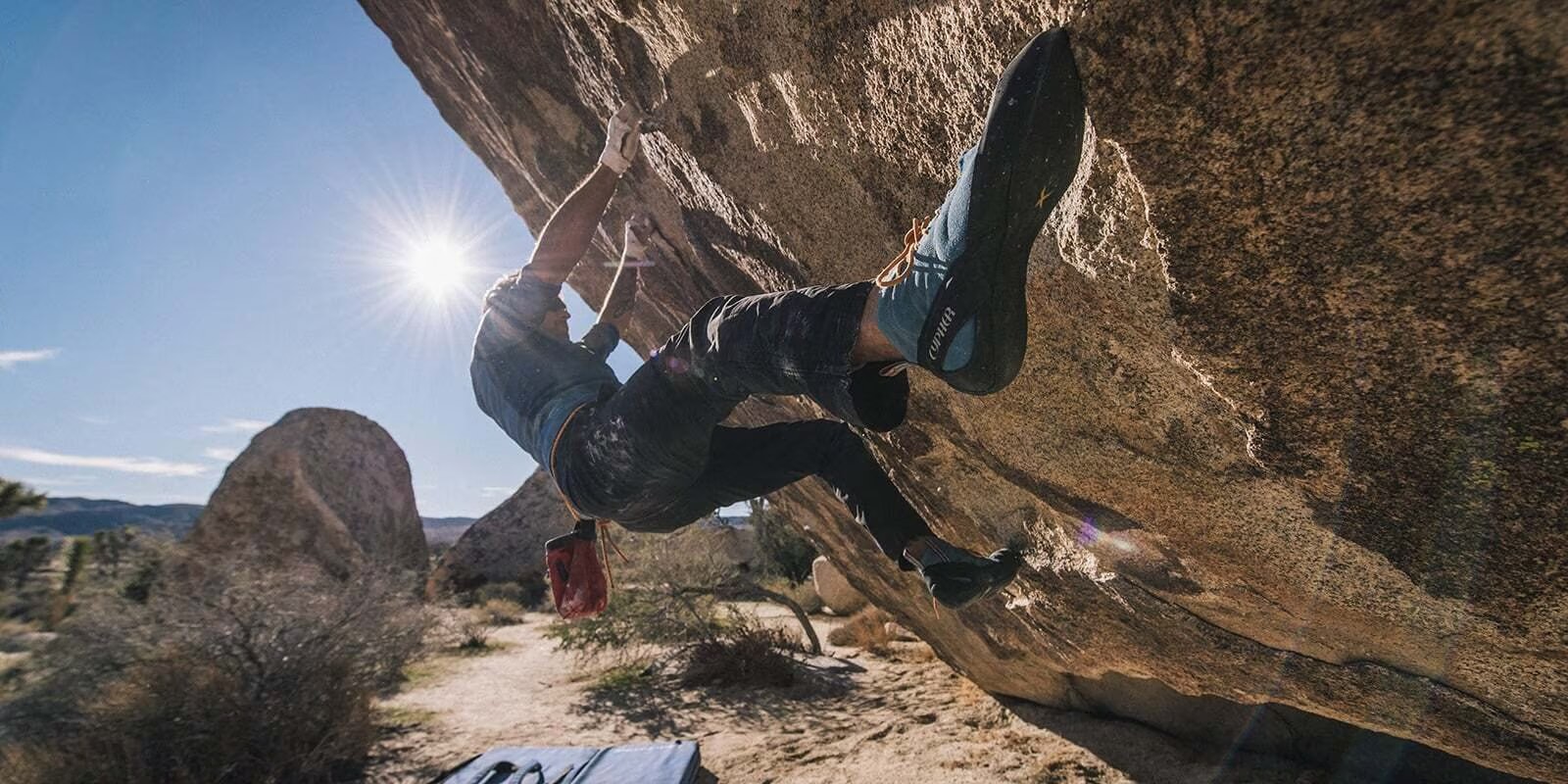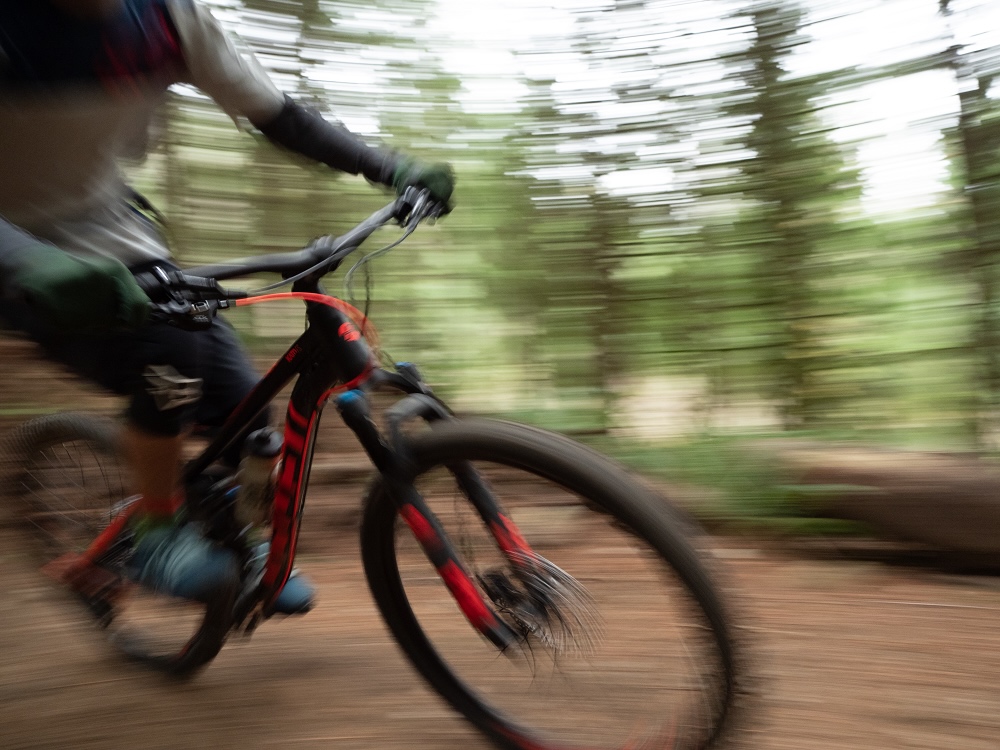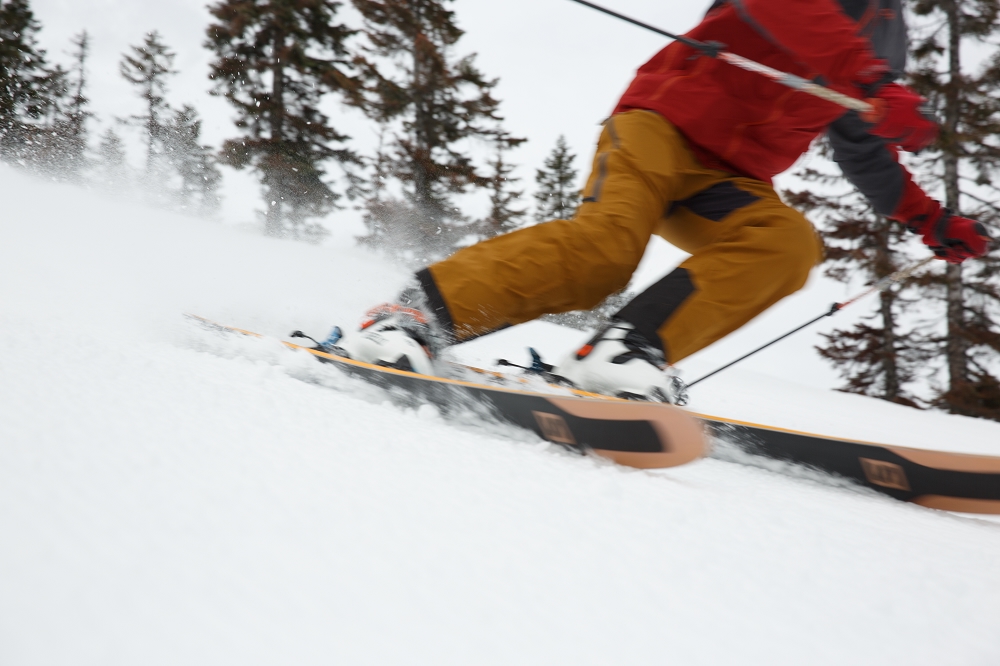A Hawaiian local has shared the dark reality of plastic pollution and the devastating consequences for the island's once-pristine beaches.
In a 28-second clip, the nonprofit Sustainable Coastlines Hawaiʻi (@coasthuggers) revealed the amount of plastic pieces found in a single scoop of sand.
@coasthuggers Here in Hawaiʻi our island chain sits in the middle of the Pacific Ocean. The marine debris and microplastics that end up on our coastlines are brought here by a combination of ocean currents, wind, and swells. While much of this debris started off as large plastic goods, during their journey through the ocean they become brittle from the sun and break apart into smaller and smaller pieces. These tiny pieces of plastic are what hide under the sand of our beaches, impact our marine life and ecosystems, and slowly leach chemicals into our environment. Plastic pollution is a big problem but we can't forget that large change starts small! You can start to make an impact today by swapping single use plastics with reusables and finding creative solutions to say no to plastics. You can also use your voice to advocate for policy and legislation opposing the plastics and fossil fuel industry! #sustainablecoastlineshawaii #cleanyobeach #coasthuggers #plasticpollution #plasticpollutioneducation #marinedebris ♬ Ukulele's tropical and light Hawaiian(1390223) - ishinuki
The tiny plastic particles are from large plastic goods in the ocean. When plastic products, such as water bottles and wrappers, end up in the ocean, they break down into tiny pieces due to strong currents, winds, and swells.
"This plastic comes from all around the world and ends up in the ocean," Sustainable Coastlines Hawai'i says. "It breaks into smaller pieces and ends up here on one of the most remote coastlines in the world."
Sadly, plastics pose a serious risk to marine wildlife, who often mistake pieces of plastic for food. According to the National Oceanic and Atmospheric Administration, when marine organisms ingest plastic, it can clog their intestinal tract, causing digestive complications and, in severe cases, death.
Plastic pollution is a massive global crisis; however, by making small, everyday changes, you can help reduce the amount of plastic ending up in the oceans. A simple way to cut down on your plastic intake is by swapping single-use products, such as water bottles, for reusable items.
Watch now: High-speed rail can cut an hour commute to 15 minutes — so why isn't it more prevalent?
The TikTok video went viral, gaining over 3 million views and sparking over 1,000 comments.
"Used to get sea glass, now it's sea plastic," one user said while highlighting the scope of the problem.
"I hate how much plastic we put out there," another TikToker responded. "We gotta do as much as we can."
Sustainable Coastlines Hawaiʻi continued to encourage internet users to speak out against plastic usage and take action.
TCD Picks » REI Spotlight

"Plastic pollution is a big problem, but we can't forget that large change starts small!" it wrote in the caption. "... You can also use your voice to advocate for policy and legislation opposing the plastics and fossil fuel industry!"
Join our free newsletter for good news and useful tips, and don't miss this cool list of easy ways to help yourself while helping the planet.

